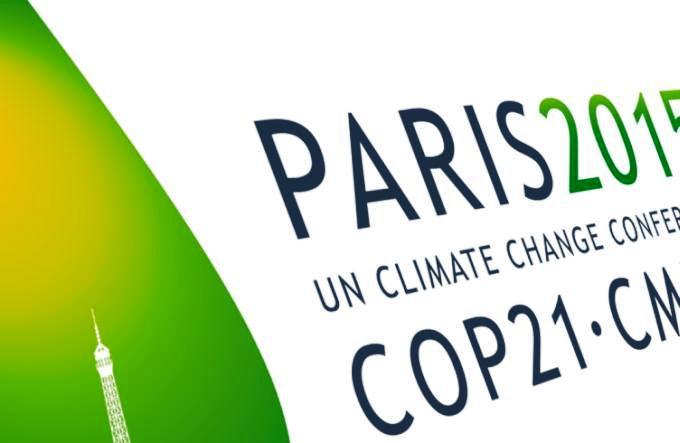Through their sustained missionary work in Africa, the Comboni Missionaries are particularly aware of the challenges facing the fight against climate change. COP21, the world’s most significant climate change conference since the Copenhagen summit of 2009, is currently taking place in Paris until 11 December.
The challenge of addressing climate change is strongly linked to social justice and the global fight against poverty. It is for this reason that we need to redefine the notions of “growth” and “progress” prevalent today – to reach sustainable lifestyles which respect the environment and can guarantee the rights of the poorest. In practical terms that means a radical change in our lifestyle, production and consumption. Cardinals, Patriarchs and Bishops of Africa, the Americas, Asia, Europe and Oceania expressed this sentiment in an appeal to the participants of COP21, the 21st UN Conference on Climate Change.
In the appeal, the religious leaders of the five continents propose 10 points to follow in order to combine respect for the environment with the need to provide decent living conditions for the poor.
A few of the points made in the appeal include:
- To keep in mind not only the technical but particularly the ethical and moral dimensions of climate change;
- To accept that the climate and the atmosphere are global common goods that belong to all and are meant for all;
- To adopt a fair, transformational and legally binding global agreement based on our vision of the world that recognises the need to live in harmony with nature;
- To guarantee the preservation of human rights for all, including those of Indigenous Peoples, women, youth, and workers;
- To strongly limit a global temperature increase and to set a goal for complete decarbonisation by mid-century, in order to protect frontline communities suffering from the impacts of climate change, such as those in the Pacific Islands and in coastal regions;
- To ensure inclusion and participation of the poorest, most vulnerable, and most affected at all levels of the decision-making process.
Climate change is acknowledged to be the greatest ecological and humanitarian crisis we face today. We are challenged to stay below a rise in temperature of 2°C. The COP21 meeting in Paris this December will be an all-decisive moment where action is urgently needed. Great onus lies on the 146 national leaders who will shape the future of our planet – “as our Earth groans in painful travail” (Romans 8,22).






